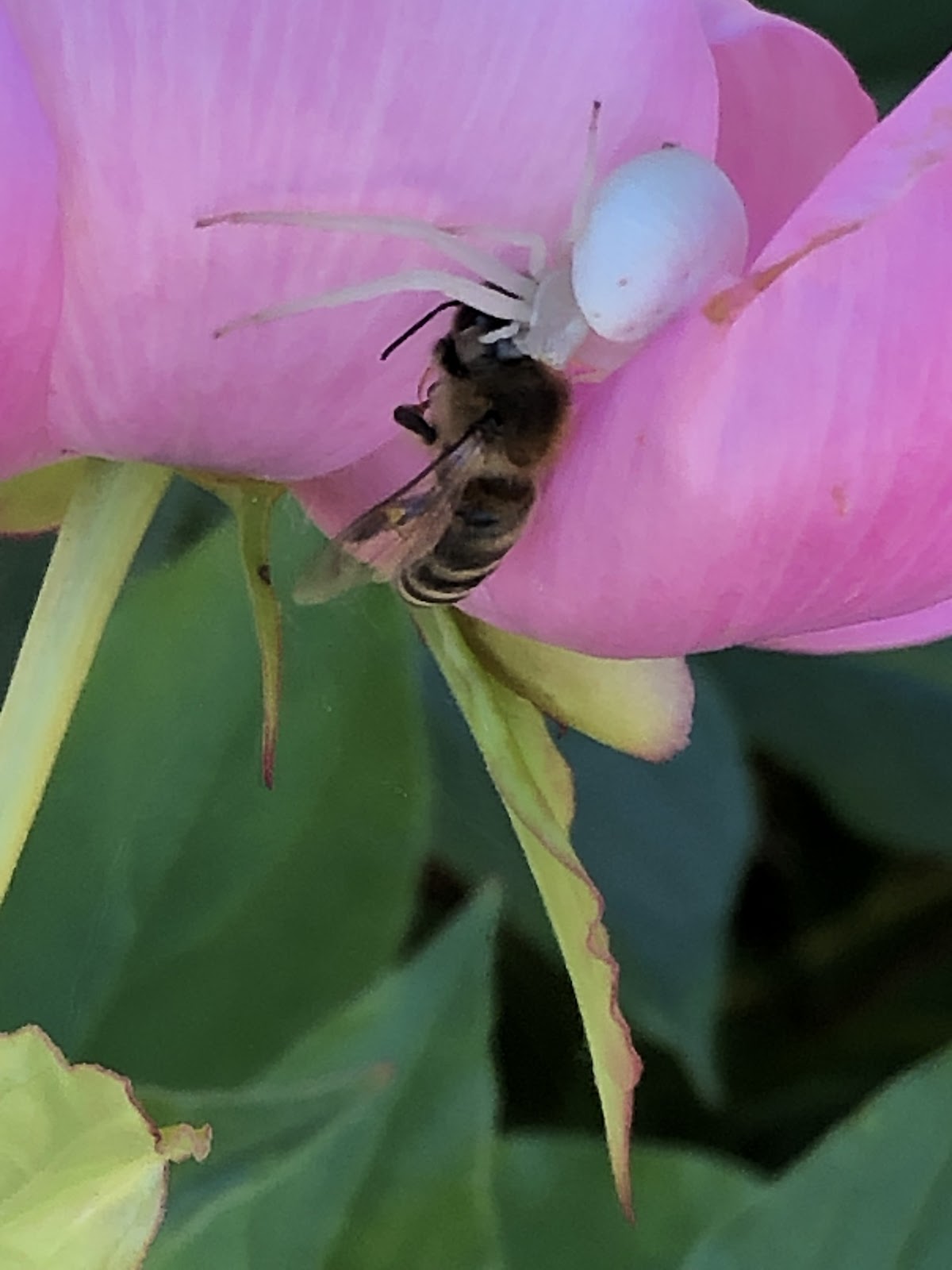A Little More About Kleadrap
I suppose I ought to tell you a little more about Kleadrap. As I may have mentioned earlier, it's a small town, perhaps six hundred permanent residents. The main street runs along the Willamette meridian and is called appropriately, Baseline Road. Perhaps five numbered streets intersect Baseline, but at a peculiar angle. The surveyor, Dennis Crumb, who laid out the original grid for the town in 1908 was new to the discipline, and, despite having a bachelors degree in surveying and mapping, civil engineering, and mechanical engineering he was perhaps overwhelmed by the responsibility suddenly thrust upon him because, it seems he simply failed to take into account the magnetic declination for the area, roughly 15 degrees when plotting the embryonic town. Did he ever consider the Agonic Line?
As a result, all of the original North/South cross streets intersect Baseline at something greater or less than 90 degrees. Each platted block thereby became a parallelogram. To compound matters, when the early pioneers constructed their homes they measured from the center line of the nearby cross street to lay out the foundations for their homes rather than employ the 3:4:5 ratio. As a result all the primary buildings in Kleadrap are parallelograms. The one time visitor simply ‘passing through’ may not be aware of this as the difference is slight and as all buildings in ‘downtown’ Kleadrap conform to this aberration it is not particularly noticeable. Visitors may leave with a nagging sense that something didn’t seem quite right but be unable to identify the reason for their unease. Of course the inhabitants are made aware of this aberration every time they lay down tile or wall-to-wall carpeting. None of the walls in any of the early homes meet at a right angle.
Kleadrap has a current population of around 600 people, considerably more during the summer vacation period, and fall, when picking season (beets, rutabagas, and onions) is in full swing. Main street boasts one market, one gasoline station, one tavern, two gift shops, a post office, and two other buildings that are vacant most of the time, or accommodate various transient businesses for a few months. Tax time might see an accountant or two move in and rent an apartment above the tavern, and once in a while a local, or occasionally out-of-town artist sets up shop, but they soon realize there are too few people in the community, either permanent or transient, with too little discretionary income, to make any year round business viable.
This was not always so. Once, an opera house stood at the corner of Third and A street, attracting such luminaries as Paollie Accardi and Melanie Moreau. Historic rumor has it that Oscar Wilde had considered making an appearance. And there was the ‘Roller Dome’, located at the end of Lava Bed Road. There aren’t any photographs from that period but locals say Leo Selzer attended the opening.
A twelve-grade school house, located next to the now boarded-up grange building, graduated twenty-seven classes over twenty-seven years. Now, only the rare discovery of an agate marble, or the oxidized tip from a spinning top indicates the fervent activity that must have once taken place.
Time rusts and dissolves everything, even memory.
Then came rumors that F. S. Whinkla had moved to Kleadrap. I think that was in the mid seventies.
Nothing has been the same since.





